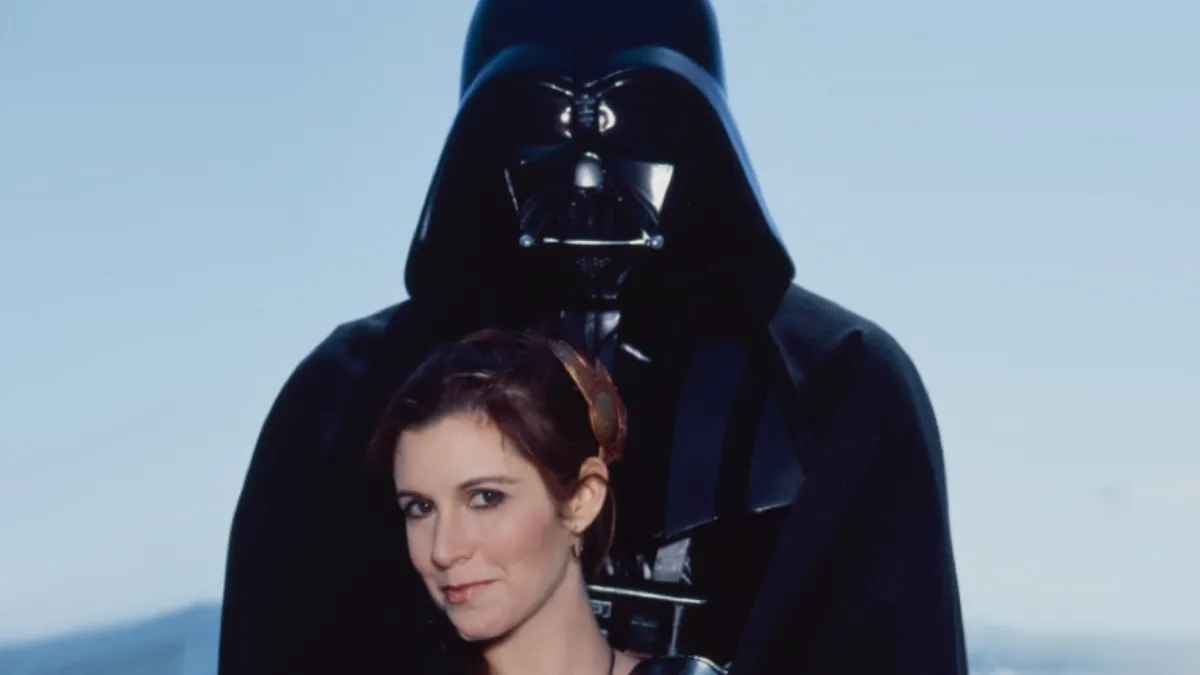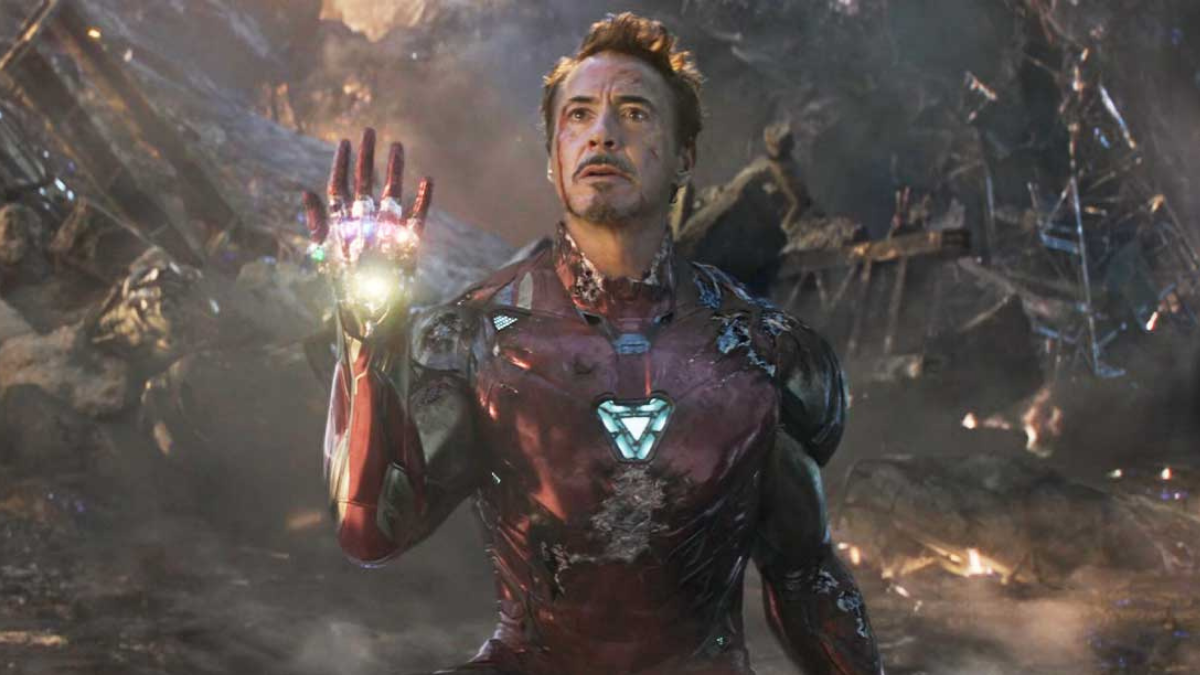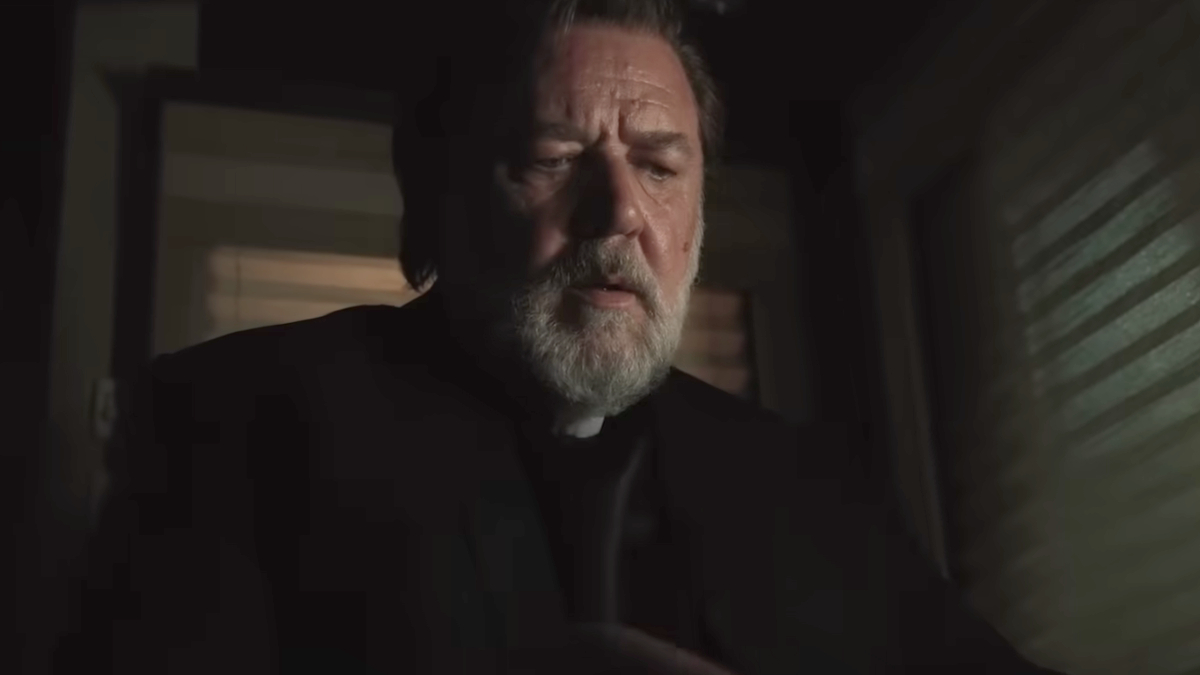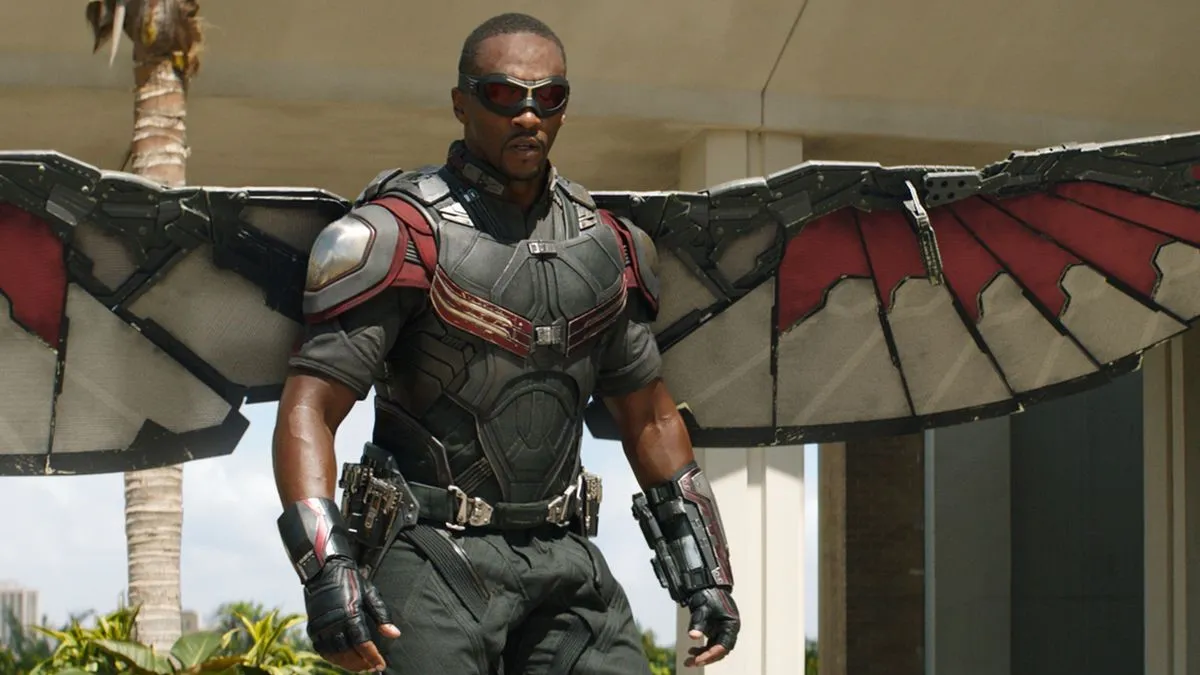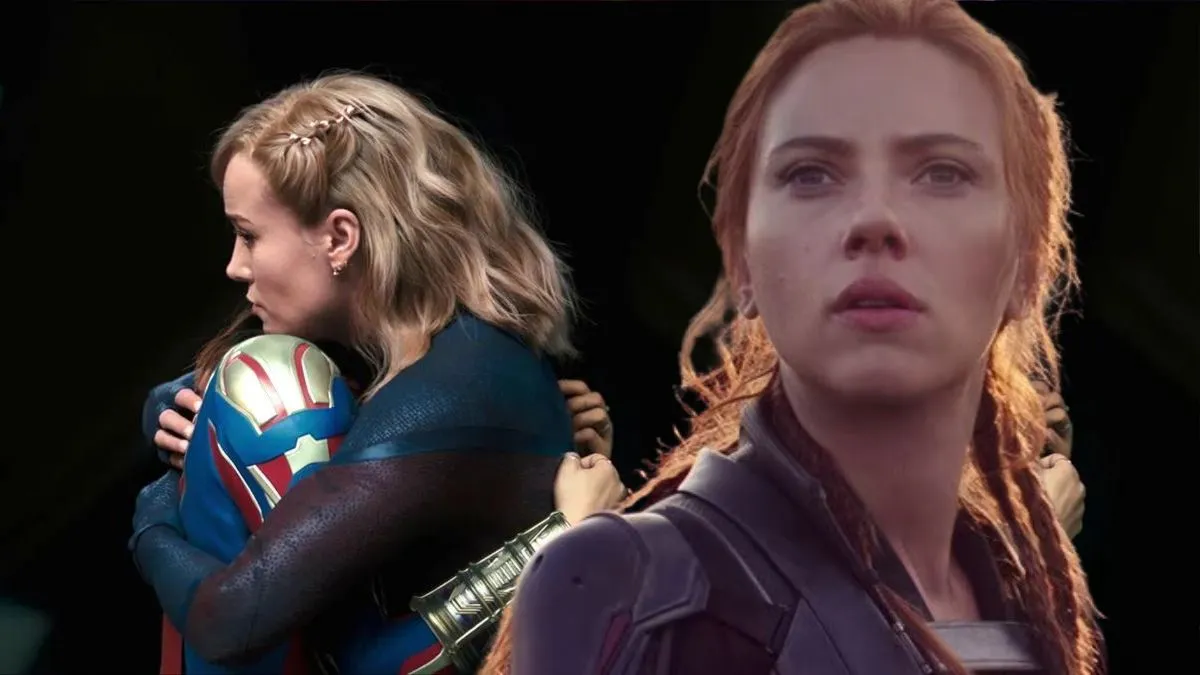According to Scary Stories To Tell In The Dark‘s narration, some stories hurt. Some stories heal. In the case of André Øvredal’s bone-chilling anthology adaptation, some stories scare the ever-loving life out of audiences. Yes, Alvin Schwartz’s terrifying anecdotes angle towards children – but, like Stephen Gammell’s illustrations, Øvredal treats his intended audience as horror fans.
It’s *healthy* to feel scared, and this summer’s Guillermo del Toro-produced “introductory” horror tale is anything but 101-basic. No pandering to “age-appropriateness,” aka watered down kiddie content. As Schwartz’s stories come alive, nightmares suck the air from your lungs. Stick to Goosebumps if your family haunts easily – these scary stories aren’t for the faint of heart.
In the year 1968, amidst Mill Valley’s Halloween celebrations, a curse is unleashed. Stella Nicholls (Zoe Margaret Colletti) and her friends heed not local warnings about deceased legend Sarah Bellows, whose whispered tales are claimed to be the cause of multiple missing persons. Stella enters the now vacant Bellows residence, locates Sarah’s storybook, and begins reading scribbled spooks best enjoyed with lights flicked on. Then the book starts writing its own stories, with Stella’s friends as new characters for Sarah’s torments. Can Stella, Ramón (Michael Garza), Chuck (Austin Zajur) and others rewrite their fates before Sarah seals them in bloody cursive?
Scary Stories To Tell In The Dark keeps an anthology feel as Sarah’s imagination dooms characters, but if there’s a bone to pick, it’s that narrative “wraparound” material at times struggles to retain significance. Øvredal is best when directing scare-pieces, not as much childhood drama. An undercurrent late-60s subplot about Nixon’s election leads into Vietnam commentary, hinting how “man” is the real monster in this rotating house of horrors. Between writers Dan Hageman, Kevin Hageman, Marcus Dunstan, Patrick Melton and Guillermo del Toro, strides are taken to beef up standalone segments with generational relevance or horrors of humanity. It’s a lot to handle, and sometimes it’s done so unevenly.
Thus leads us to the savory meat within Øvredal’s “scary” stew – oh, the horror! Veteran creature actors snarl and lurch with transformative maliciousness. Javier Botet as “Big Toe Corpse,” Troy James as “Jangly Man,” and Mark Steger as “Harold the Scarecrow.” Some monsters steal more screen time than others, but all beasts capitalize on spotlight opportunities.
From Botet’s unmistakable gangly saunter to James’ primal scampering, mythical demons prey upon deep-seated fears through performative unhinging. Even Steger, who thumps and creeks his way towards intoxicated bully Tommy (Austin Abrams). Each story births a unique villain, each more diabolical than the last. Praise be heaped upon the men behind each mask.
As showcased in The Autopsy Of Jane Doe, Øvredal understands that scares are an artform. Jangly Man’s darting into frame may be inevitable (and creepy), but camerawork indulges in jolts of the expected variety. Øvredal ranges from slow tortures as the Pale Lady dreadfully shuffles towards Chuck, to Jangly Man’s animalistic contorting as a campfire myth brought to life. “Red Spot” favors body horror, “Big Toe” gross-out cannibalism of the rotten variety – Scary Stories To Tell In The Dark exploits multiple ways to make audiences recoil. Out of smash-face terror, out of vile repulsion, or out of drawn-out panic that takes its sweet, sinister time. Variety adds intrigue, bucking pace while Stella’s crew desperately hunts for clues.
It’s while Stella and Chuck and Auggie (Gabriel Rush) wrestle with inevitability that Øvredal’s generics bleed through. Children keep splitting up despite a magical tome spelling out their singular deaths. Romantic chemistry instantly strikes thanks to the most random of circumstances. Character motivations fall circumstantially into place, sometimes feeling unearned, while actors spit lines like “You don’t read the book, the book reads you,” with the straightest of faces. Intentions are pure and the tone is that of heartwarming companionship under fire, it’s just fairly one-note when outside Sarah Bellows’ “Reaping Rainbow” imprisonment.
Nostalgia pays tribute to Gammell’s drawings, as unsettling as ever. At PG-13, it’s proper for parents to balk at allowing underage children to begin their horror education with Scary Stories To Tell In The Dark. Even as a genre obsessive, specific sequences crawled under my skin. More telling are the numerous families with children who fled my screening after Mrs. Big Toe claimed her petrified victim. As much as I commend Øvredal for teaching the importance of experiencing horrors at any age, non-horror appreciative youths might not weather this spooky cinematic storm.
Scary Stories To Tell In The Dark is destined to become a sleepover classic. My brand of a gateway watch into the horror genre’s nastiest, most damned, unforgivably wretched watches for those who can’t get enough of André Øvredal’s conjured “Boo!” crew. Try not to catch It vibes from throwback details, child endangerment and hopeful sequel setups, but such a comparison doesn’t come with regret. Same for Annabelle Comes Home, given both films’ army of so-very-despicable boogeymen. Add another popcorn-ready title to this summer’s list, as you’ll be checking all your closets for unwanted Janglies or undead storytellers. It’s a bountiful season of the witch this year with such frightful harvests as Scary Stories To Tell In The Dark.



